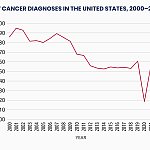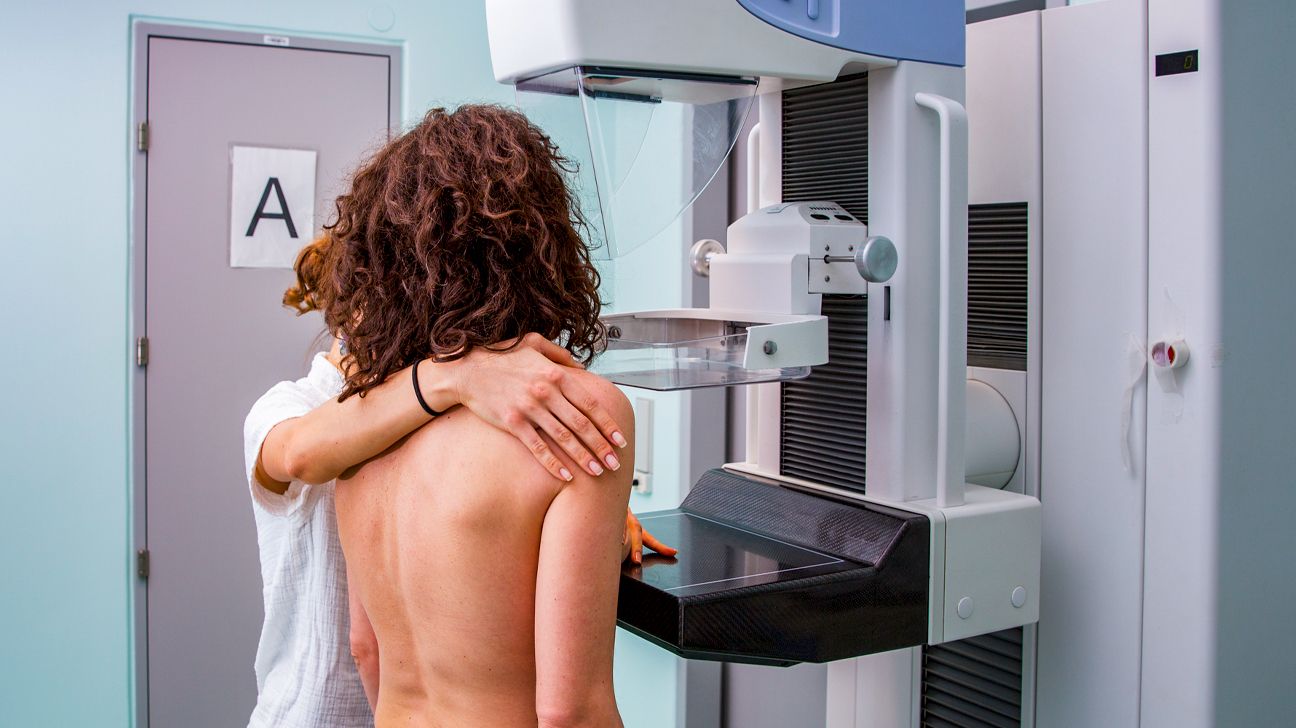HealthEINews International Health News
Top International News from Health and Medicine
Health news and Medical news from all over the internet updated in real time.
Trending News
Last Updates

Date: 2024/11/03 - 18:50
How Time-Restricted Eating May Lower Heart Disease, Type 2 Diabetes Risk
A new study found that time-restricted eating (TRE), a form of intermittent fasting, improved blood sugar control in people with metabolic syndrome, which affects 1 in 3 adults in the United States.

Date: 2024/11/03 - 18:50
Certain Arm Positions During Blood Pressure Checks May Lead to Inaccurate Results
New research shows that different arm positions can produce different blood pressure readings. Blood pressure readings taken when an arm is resting on a hard surface are slightly lower than when the arm is resting in a person's lap or hanging by their side.











